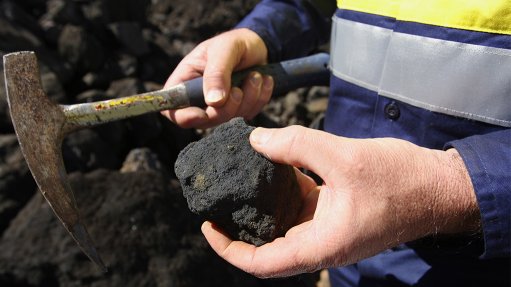
OPEN FOR BUSINESS
Lockdowns in copper mining South American countries has created an opportunity for miners in the African Copperbelt to export more copper to countries like China
Photo by: Bloomberg
The Chinese manufacturing sector has recovered quickly from the economic impact of the Covid-19 pandemic which, complemented by a shortfall in raw materials in the country, has resulted in high demand for copper in China.
Consequently, the lockdowns in South American countries and the challenges of moving cargo out of the region have created an ideal opportunity for countries in the African Copperbelt to export more copper to China, explains international commodities consultancy Core Consultants MD Lara Smith.
She adds that imports of unwrought copper into China reached about 618 000 t in October, bringing the total for the year until October to about 5.6-million tonnes – a yearly record high for China.
“Currently, the Chinese copper market is a seller’s market. Imports of copper concentrate worldwide have been expanding to keep pace with China’s expanded smelter capacity, with further rumours of State stockpiling.”
Smith notes that the Democratic Republic of the Congo (DRC) lifted a ban on the export of cobalt hydroxide and carbonate in February this year, as well as on copper, tin, tungsten and tantalum concentrates.
Further, Chinese State-owned mining company China Nonferrous Metal Mining launched the DRC’s first large-scale smelter, the Liabala copper smelter, in January. This facility can process 400 000 t/y of copper concentrate and produce 120 000 t/y of blister.
While Smith points out that this capacity is not enough to process all the DRC’s copper, as the country produced 765 000 t of copper concentrate from January to June this year, she emphasises that the facility will be a boon to the country in terms of exporting processed copper.
“While it’s still challenging for traders to get to the Central African region, owing to differing travel bans and lockdowns in different countries, we are seeing more arms-length deals, spot trading and reliance on middlemen. The region is open for business,” she concludes.